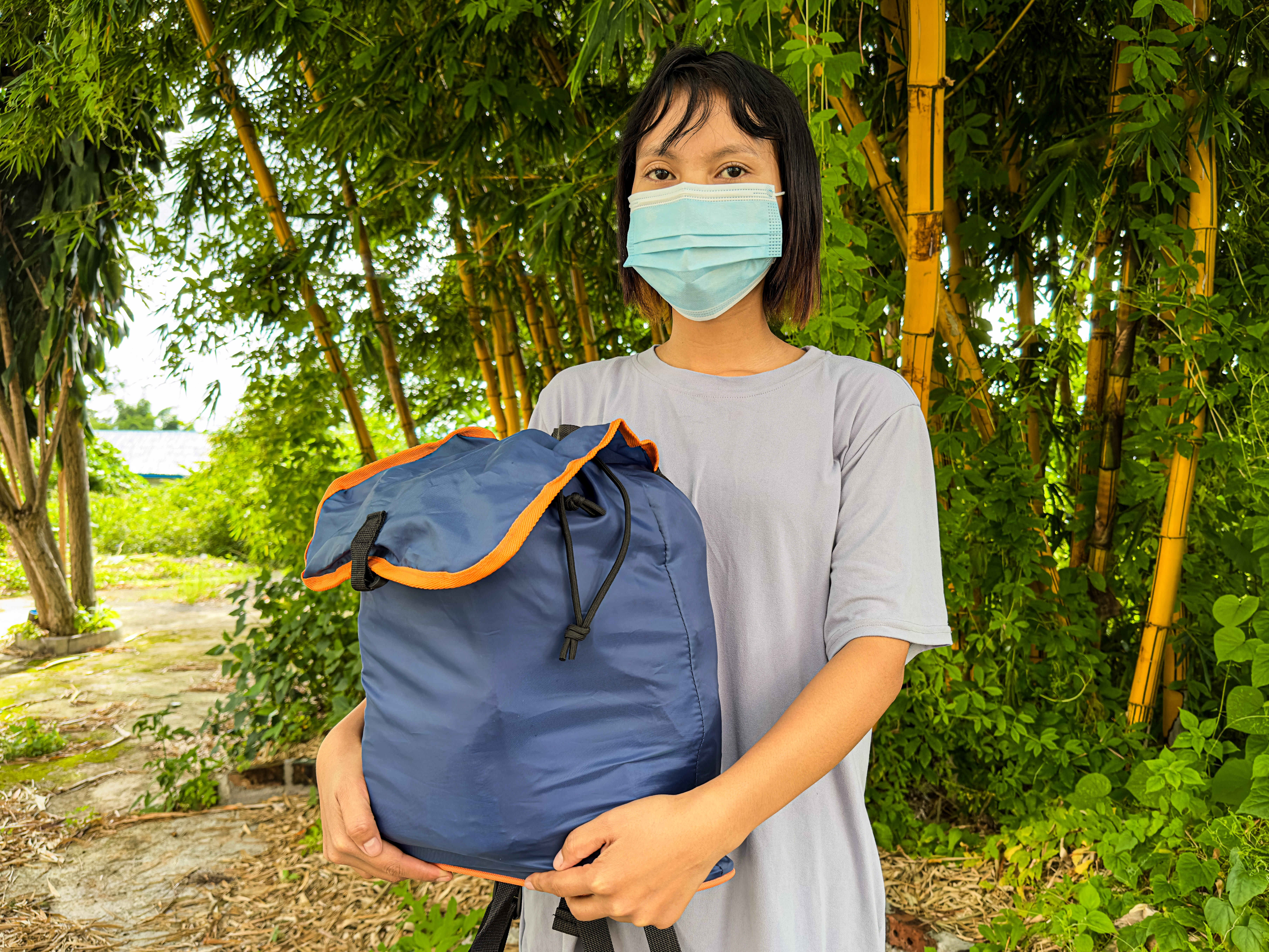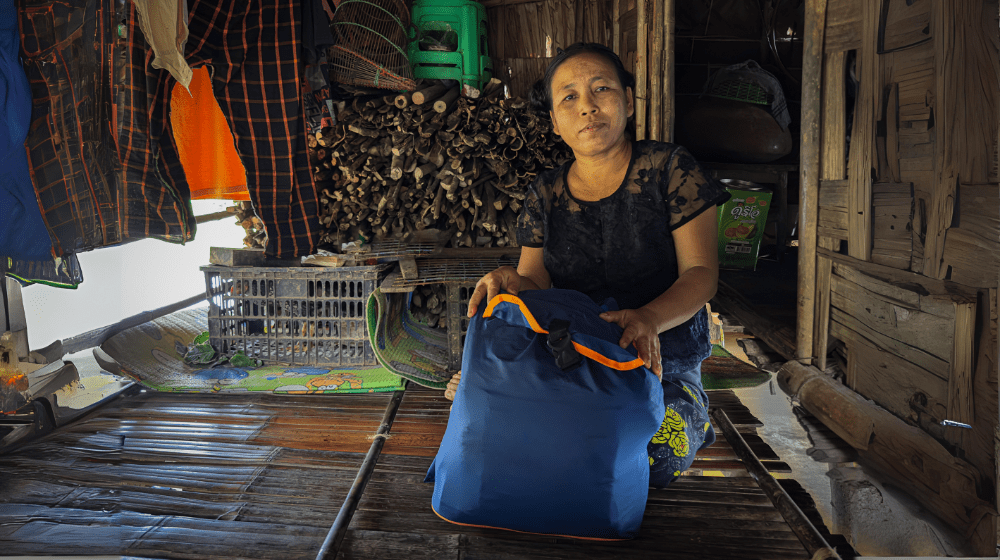“The availability of sanitary pads and hygiene items is very limited in the displaced camp. It is very difficult for us to access these essentials that we need. Lack of proper hygiene items makes us feel discomfort and increases the risks of infections and health problems,” Nang Doi, 38, displaced woman from Waing Maw Township, Kachin state.
Armed conflict and climate crisis are driving humanitarian needs and displacement in Myanmar. According to UNOCHA report, more than 1.8 million people are currently displaced in Myanmar, with 1.5 million already displaced due to the conflict and insecurity since the 2021 military takeover. Among these population, women and girls are disproportionately impacted by crises. Of the 4.5 million people prioritized for life-saving humanitarian support in the Myanmar Humanitarian Response Plan 2023, 52 per cent are women. Despite access challenges and limited funding, humanitarian actors working in the country continue providing critical life-saving assistance to the most vulnerable people including women and girls.
UNFPA, the United Nations sexual and reproductive health agency, is working closely with local partners to ensure distribution of dignity kits for women and girls affected by the prevailing humanitarian situation in Myanmar. UNFPA’s dignity kits contain essential items such as sanitary pads, soap, underwear, flashlight and other personal hygiene products, which help women maintain their hygiene, safety and dignity during times of crisis. Distribution of kits is used as an entry point to raise awareness on GBV and provide information on available services for GBV, mental health and psychosocial support, and sexual and reproductive health.
Amid displacement, dignity kits deliver women and girls a lifeline to basic hygiene. The support gives them hope and dignity. There is a range of challenges for women and girls of reproductive age when it comes to accessing sanitary pads and personal hygiene items, especially at displaced camps/sites. “When the situation around us deteriorated, dignity kits reminded us that we still matter,” Su, 20, a young girl from one of the displaced camps in Southern Shan, told.

During conflicts, the particular needs of women and girls are often overlooked. UNFPA's humanitarian intervention not only addresses urgent needs but also strengthens its commitment to the well-being, protection and dignity of women and girls.
Dr Kyaw Za, UNFPA’s Humanitarian Analyst said, “For women and girls in the humanitarian settings, provision of dignity kits is very important. It's not just about physical comfort; it's about mental and psychosocial well-being too.” For UNFPA, these kits not only serve as emergency aid in maintaining personal hygiene but also empower women and girls to reclaim control over their lives and dignity in a time of upheaval.
UNFPA’s provision of dignity kits for displaced women and girls in conflict affected areas of Myanmar is funded by DFAT-Australia, Central Emergency Response Fund (CERF), Canada and Women and Girls First Programme.


